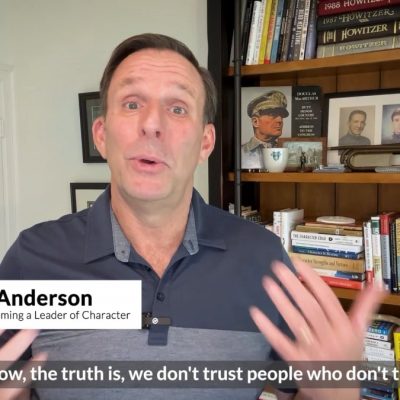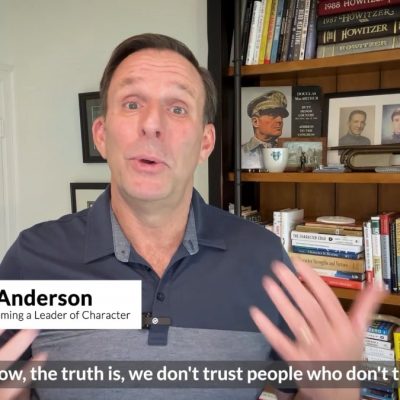“The mark of a great team is not just about the numbers they produce. It should also be about the leaders they produce.”
Another person left the team. They were the fourth person in two years. The team’s response? They celebrated. Do you know why? Because all four individuals left because they received promotions. Their departure wasn’t a situation in which they were running away from the team or the company. Instead, team members were moving up the chain of command into new roles with greater responsibilities.
The mark of a great team is not just about the numbers they produce. It is also about the leaders they produce. Great individual contributors who don’t develop beyond their current level may be helpful for the current situation, but they end up clogging the system in the future.
Some leaders hold onto their best people for too long. This, however, is a short-term solution. Those leaders are only focusing on what those people can accomplish this month or this year. They don’t see the long-term possibilities for the team and for the larger organization.
It is a leader’s Duty—their moral obligation—to invest in each individual’s growth. If a team member is not growing under our leadership, we are not leading. The greatest teams and leaders are the ones who produce people who are ready for the next level.
Alabama football coach Nick Saban and Duke basketball coach Mike Krzyzewski provide excellent examples of this. Both of these college programs have become great sources for the NFL and NBA to find their next All Stars. Both of these coaches see their role as developing their players. They do not want to just win a game now—they want to coach winners who can deliver in the future as well. They prepare their players to have a bigger impact at the next level. As a result, both those programs consistently find the most talented high school players wanting to play for them—thus guaranteeing the team’s continued excellence.
When a team is known for helping people reach their goals and preparing people for the next level, the best people want to be part of those teams. The most revered coaches are the ones who can win today, while developing the leaders of tomorrow.
Likewise, when someone leaves a workplace team because they got promoted, it is a signal the leader fulfilled his or her moral obligation. It is also a signal to other individuals within the organization. They want to be part of a team where the leader cares enough to help them achieve their own goals.
At one point I realized that the true legacy of a leader is not the awards which will collect dust on a shelf. After 20 years in corporate sales, I have a bunch of awards that are packed away in boxes in a closet. Those don’t matter as much as the legacy a leader can have in the lives of the people they develop.
As a result of that realization, our team at Becoming A Leader Of Character exists:
To inspire and equip people to become Leaders of Character
who inspire and equip others to lead with character.
Each leader has an opportunity to make their team the go to team for future leaders. If a leader develops a team full of leaders, when one gets promoted, another person steps up. These are the teams that change the larger organization because of the leaders they produce. These are the leaders who leave a lasting legacy. These are the teams people fight to belong to.
Dig Deep Questions:
- What leader inspired and equipped you to reach the next level?
- Who are you inspiring and equipping to become a Leader of Character at the next level?
Making a shift towards taking responsibility and living with Duty is a lifelong journey. We want to partner with you as you practice the habit of Duty daily, which is why we have created our Habits of Character Action Guides.
The Duty Action Guide offers you a month of daily, interactive training complete with a daily reading, dig deep questions, weekly processing guides and instructions on how to use the guide both individually and with your team. The Duty Action Guide is now available here.
We are behind you, championing for you, your teams and your organizations as you become the leader you wish you had. We want to come alongside you as you grow to confidently answer “yes” to the question, “Would you follow you?”







